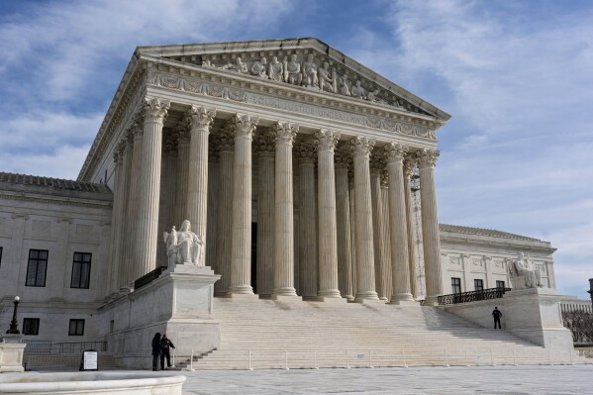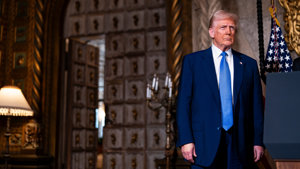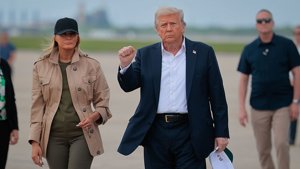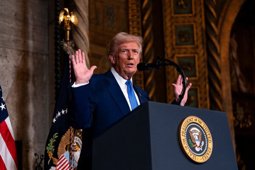
Supreme Court Limits Federal Judges’ Injunction Power
Supreme Court curbs federal judges’ nationwide injunctions, prompting Trump to push forward stalled executive policies.
Supreme Court Restricts Scope of Federal Court Injunctions
President Donald Trump praised the Supreme Court’s 6-3 decision on Friday that restricts the ability of lower federal courts to issue universal injunctions. The ruling, announced just over an hour before a presidential news conference, represents a decisive limit on judicial authority that Trump labeled a halt to the “colossal abuse of power” by federal judges.
Trump, responding swiftly to the decision, emphasized that a small number of lower court judges have recently tried to overrule presidential authority, effectively blocking policies that he says voters supported “in record numbers.” Trump argued that such actions from the judiciary prevented the implementation of executive orders that were central to his administration’s mandate.
The case arose from federal judges in Maryland, Massachusetts, and Washington state, who had issued nationwide injunctions against Trump’s order to ban birthright citizenship. The administration contended that these sweeping judicial orders went beyond the proper role of the courts. On appeal, the Supreme Court agreed to address the issue of so-called universal injunctions, though the merits of the underlying policy were not directly considered.
Ruling Focuses on Judicial Remedy, Not Birthright Citizenship
The majority opinion, written by Justice Amy Coney Barrett, clarified that the decision did not address the constitutionality of Trump’s executive order on birthright citizenship. Instead, the justices ruled on the remedy itself: whether the Judiciary Act of 1789 permits federal courts to impose universal injunctions affecting the entire nation.
Justice Barrett wrote, “The applications do not raise – and thus we do not address – the question whether the Executive Order violates the Citizenship Clause or Nationality Act. The issue before us is one of remedy: whether, under the Judiciary Act of 1789, federal courts have equitable authority to issue universal injunctions.”
She continued, “A universal injunction can be justified only as an exercise of equitable authority, yet Congress has granted federal courts no such power.” Barrett also directly responded to Justice Ketanji Brown Jackson’s dissent, stating that Jackson’s argument was “at odds with more than two centuries’ worth of precedent, not to mention the Constitution itself.”
In her dissent, Justice Jackson warned that the ruling would give the president latitude to “violate the Constitution” and described it as “an existential threat to the rule of law.”
Immediate Impact and Ongoing Questions
President Trump announced that, following the decision, the Department of Justice will “promptly file to proceed with numerous policies that have been wrongly enjoined on a nationwide basis.” The administration views the ruling as a green light to move forward on policies previously halted by federal courts.
While the ruling did not settle the underlying questions about birthright citizenship, it set an important precedent on the limits of judicial remedies. The Supreme Court’s focus on the remedy rather than the substance of the executive order signals that future legal battles over national policies may now face a more complex path through the courts.
For Trump and his supporters, the decision represents a victory in restoring executive authority and curbing what they see as judicial overreach. For critics, including Justice Jackson, it raises concerns about the balance of power and the judiciary’s ability to check executive action. As the administration prepares to resubmit policies to the courts, legal analysts expect new debates over the practical limits of presidential power and the continuing role of federal courts in national policymaking.






